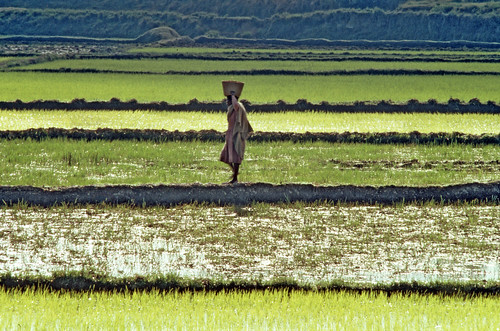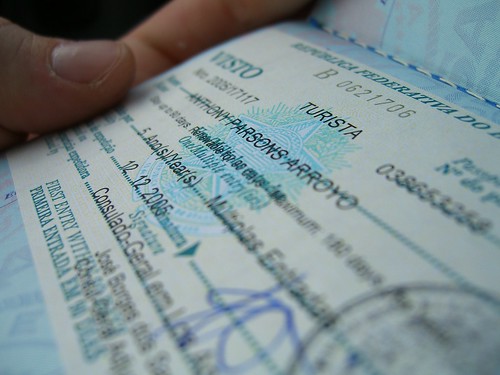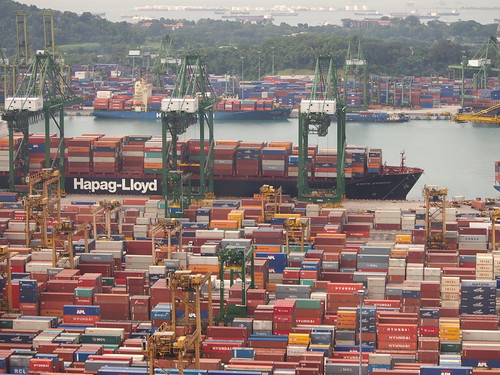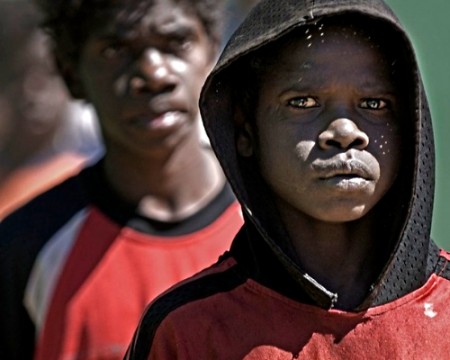
Almost ten years ago, Binyavanga Wainana mocked the relentless bashing of Africa for what it is: ignorance. Nowadays, however, a new gospel could use similar deriding: “tell them six of the ten fastest growing economies in the world are in Africa; drop names like Aliko Dangote and Isabel Dos Santos alongside Magatte Wade and Bethlehem Alemu; point to the 300 million middle class Africans; showcase the bustling cafes and glossy shopping malls with the latest products; spotlight the growing cities with towering structures; and always summon technology as your solution for everything. If they mention conflict, disease or poverty, chastise them for their antiquated colonial ways and refer them back to your points above.”
What’s the problem? In the interest of tackling the distorted and singular narrative of Africa as a continent of need, the “Africa rising” discourse is reinforcing its own one-dimensional story. Bolstered by recent advances in economic growth rates, Africa has been turned into a brand, a product to be packaged and sold on the merits of its financial worth. Its value is discussed and negotiated yet conversations too often exclude the context and implications of the current economic growth or the policies and institutions that sustain it. Africa is certainly rising, but how is it rising? And who is or isn’t rising with it?




